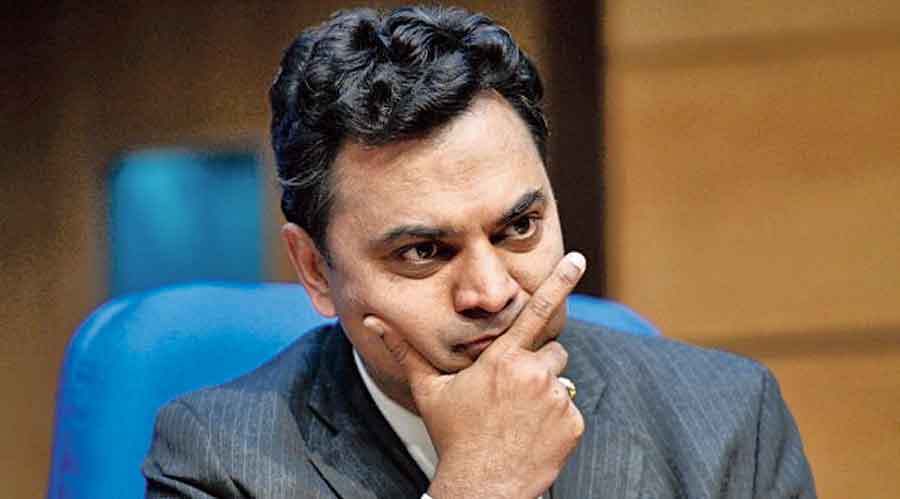Chief economic Adviser K.V. Subramanian on Tuesday urged financial institutions to avoid crony lending and focus on high quality loans .
“I think it is extremely critical now that the financial sector owns up this responsibility of doing high quality lending, especially on the infrastructure side, and really avoid crony lending... I think that is basically the mantra for the financial sector,” he said at an event organised by Ficci.
He also suggested strengthening corporate governance in the financial sector and linking incentives of the senior management to quality lending. “Incentive mechanisms need to be put in place to prevent crony lending as infrastructure projects involve high gestation periods.”
The CEA said bank auditors cannot shy away from flagging instances of the ever-greening of bad loans and zombie lending.
“Banks need to ensure that capital allocation to the infrastructure sector is to creditworthy borrowers. Crony lending has been a problem in the banking system. The Economic Survey also highlighted that the banking sector’s problems originated from large loans that were not necessarily lent to the most creditworthy borrowers."
He said the problem gets far more accentuated in the context of infrastructure. "Financial institutions especially need to be working on this,” he added.
Subramanian emphasised that “crony lending is the elephant in the room that we have to acknowledge. Financial sector in India has to take responsibility that it is the ultimate arbiter of capital and ensure optimal capital allocation”.
He suggested that compensation of senior management in banks must be curtailed on instances of ever-greening and zombie lending. The board of directors cannot be asleep at the wheel, he said, adding that auditors are the first line of defence.
“Auditors cannot say this is something they cannot do. Data analytics can do. Zombie lending and ever-greening should be avoided as they lead to suboptimal capital allocation,” said Subramanian.
Subramanian said the banking and financial sector was very small compared with the size of the overall economy. “That is mainly because of the financial sector as a whole is still to figure out a model to make large corporate loans and large infrastructure loans in a way that does not lead to non-performing assets," said Subramanian.
Pointing to the poor quality of loans particularly the big ones since the early 1990s, Subramanian said loans were not given to most creditworthy borrowers but to crony capitalists, leading to high distress.
“When the financial sector decides to actually lend to a particular borrower who is more connected even though that borrower may not be the most creditworthy, it means that capital is not being provided. There is an opportunity cost as the capital does not go to a more creditworthy borrower,” he said.
Speaking at the event, Insolvency and Bankruptcy Board of India chairman M.S. Sahoo said out of the 4,000 companies that have been admitted for insolvency, 2,000 companies have completed the process. Resolution of distressed assets is bringing in more value than liquidation, he said, adding that in some companies it has been as high 300 per cent over the liquidation value.











